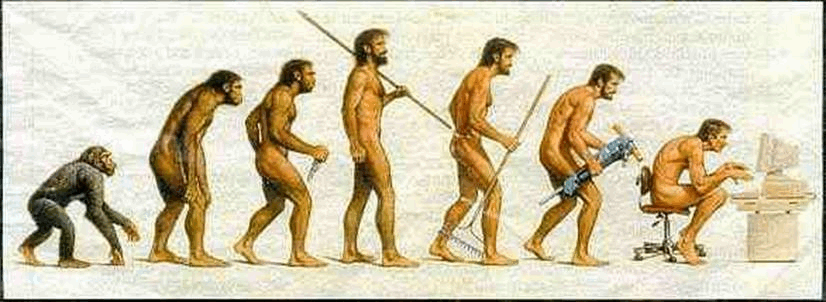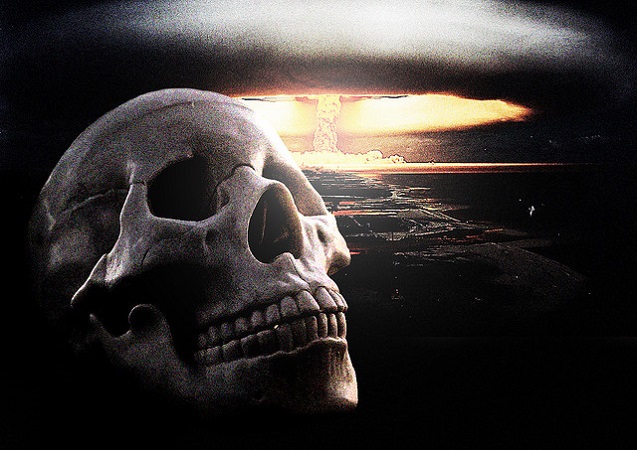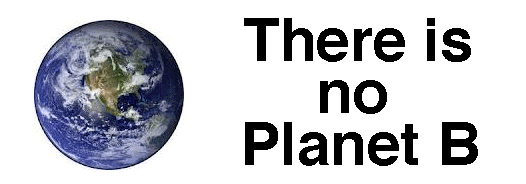
FS 301. The Human Overpopulation Crisis Eric R. Pianka 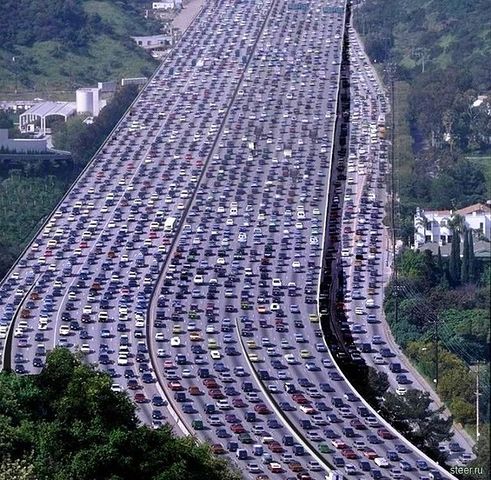
Traffic Jam in China (161 miles long!) Watch Domino Effects People are becoming aware of some of the many consequences of overpopulation, but most still refuse to recognize the underlying causes: an economic system based on perpetual growth, and too many people. Just as the pharmaceutical industry targets symptomatic relief for man-made ailments rather than addressing underlying root causes, widespread attention to the many spin offs from growthmania and overpopulation diverts attention away from the real problem. Watch Cosmos video"Evolution" movie (50 seconds) Watch Nina Paley's cartoon The Stork (3 minutes) Watch Ernest Cline's Dance, Monkeys, Dance (3.5 min.) Link: "The Monkey Trap" Watch NASA's "Average Temperatures 1884-2012" (45 seconds) Watch Class Video The Human Overpopulation Crisis (8 minutes) Watch ERP Ecopoetry 1: Kurt Vonnegut's "Requiem" (68 seconds) Watch ERP's Domino Effects (6.5 minutes) Watch ERP Ecopoetry 2: James Dickey's "For the Last Wolverine" (6 minutes) Watch ERP on The Human Overpopulation Crisis (26.5 minutes) Watch Nate Hagens' The Converging Energy and Environmental Crises: A Pep Talk for those Paying Attention (90 minutes) Exponential population growth is threatening to destroy Spaceship Earth (perhaps a "Lifeboat" is a better metaphor) and its life support systems (see also Can humans share spaceship earth?). This course examines the human crowding dilemma from a wide diversity of perspectives, primarily from a scientific point of view, but we will also briefly consider the impact of religious mythology. First, we will recognize and study the path to ruin we are presently on (see also Kaplan "The Coming Anarchy"). Then, after developing a thorough understanding of natural selection and population biology, we will critically evaluate the multitudinous side effects (symptoms) of overpopulation.  Finally, we will ask what, if anything, can be done to mitigate the mess we have made. We will stop denying what can happen and confront reality head on. We will examine possible future scenarios, including prospects for colonization of space, the inevitable collapse of civilization (anarcho- primitivism), and, ultimately, our return to a hunter-gatherer mode of existence, if indeed, humans don't go extinct. 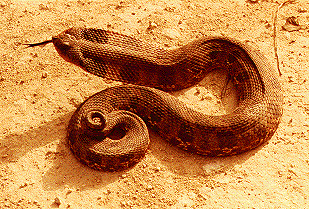 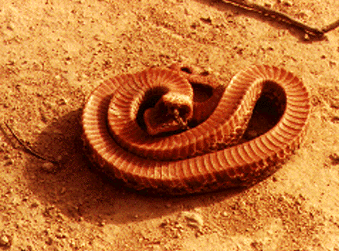 Download Syllabus Texts (available in paperback): 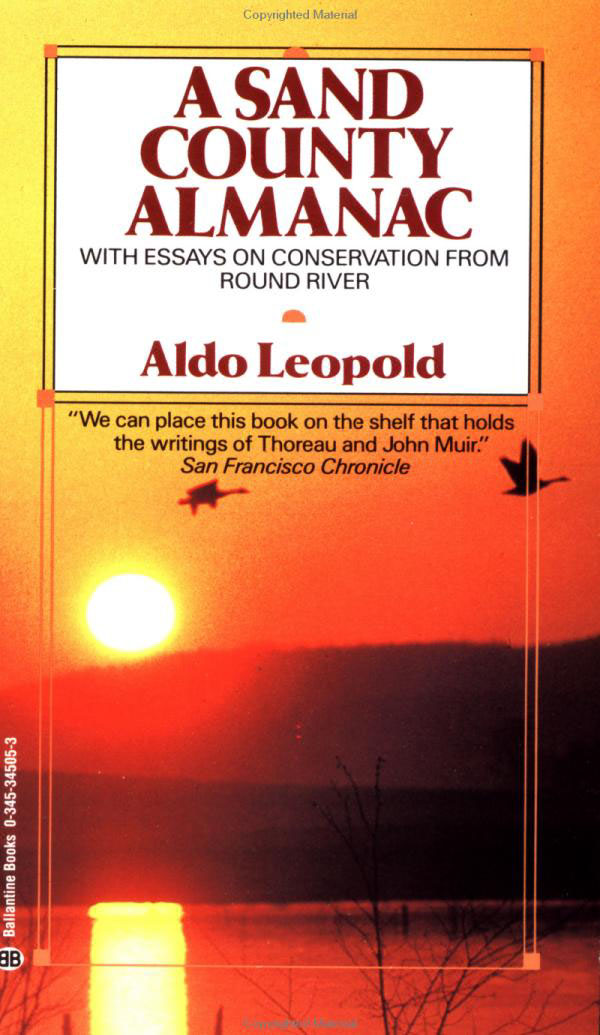
Leopold, A. 1949. A Sand County Almanac. Oxford University Press. " . . . perhaps our grandsons, having never seen a wild river, will never miss the chance to set a canoe in singing waters . . ." 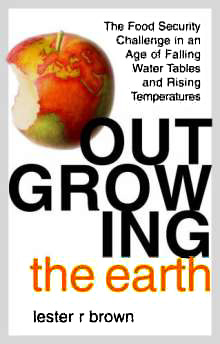
Brown, L. R. 2005. Outgrowing the Earth. Norton. Supplementary Texts: 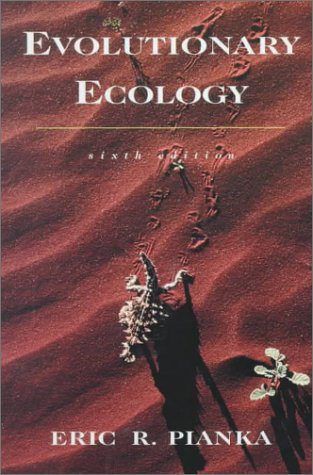
Pianka, E. R. 2000. Evolutionary Ecology, 6th ed. Addison-Wesley Longman. 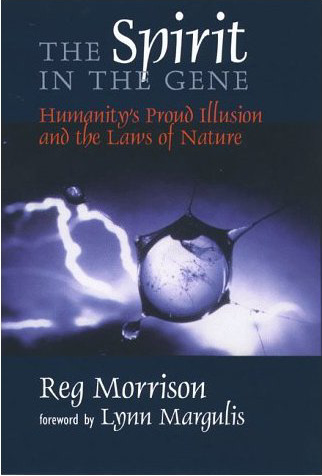
Morrison, R. 1999, The Spirit in the Gene: Humanity's Proud Illusion and the Laws of Nature Comstock. Download excerpt1, Download excerpt2 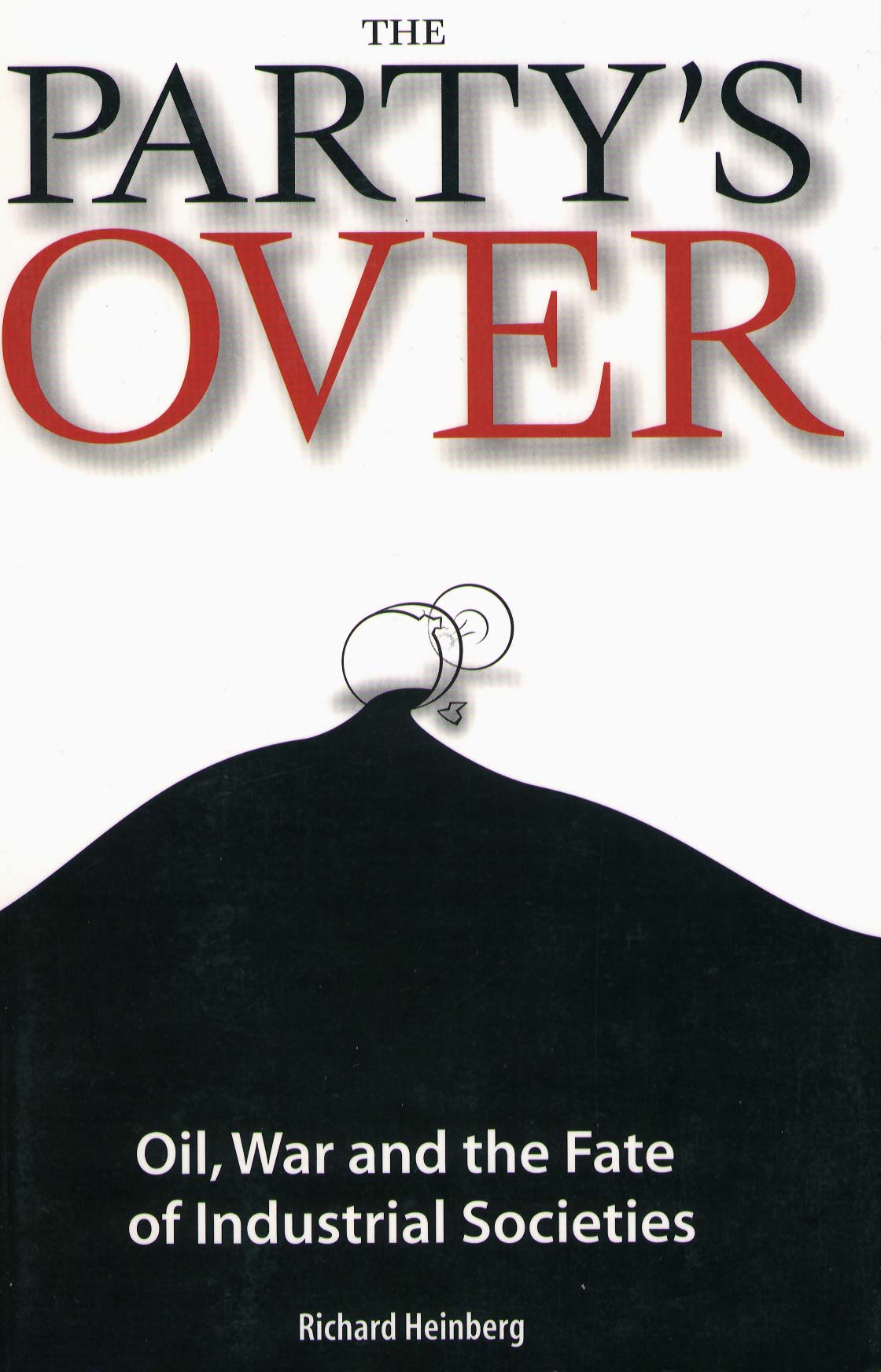
Heinberg, R. 2003. The Party's Over. Oil, War and the Fate of Industrial Societies. New Society Publishers. Synopsis Dowthwaite, R. 1999. The Growth Illusion. New Society Publishers. Download excerpts 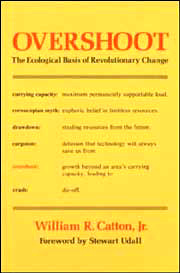
Catton, W. R. 1982. Overshoot. The Ecological Basis of Revolutionary Change. University of Illinois Press. Excerpt Download more excerpts 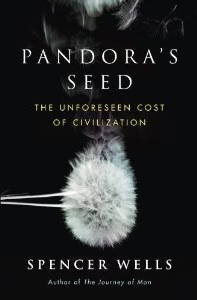
Wells, S. 2010. Pandora's Seed: The Unforeseen Cost of Civilization. Random House. Google 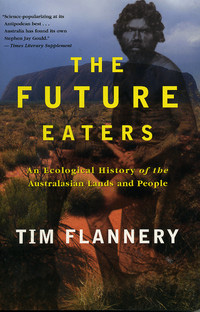
Flannery, T. 2002. The Future Eaters. Grove Press. Summary 
Cohen, J. 1995. How Many People Can Earth Support? W.W. Norton Amazon 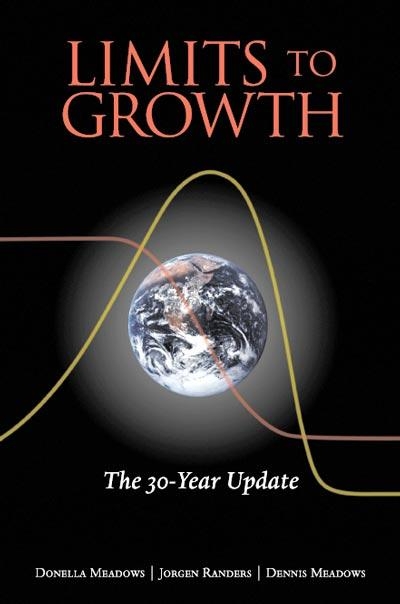
Meadows, D., J. Randers, and D. Meadows. 2004. Limits to Growth. The 30-Year Update. Chelsea Green Publishing Company. 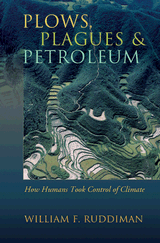
Ruddiman, W. F. 2010. Plows, Plagues, and Petroleum. Princeton University Press. 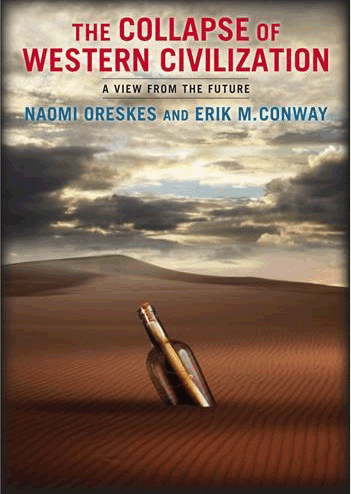
Oreskes, N. and E. M. Conway. 2014.The Collapse of Western Civilization. A view from the future. University of Columbia Press. 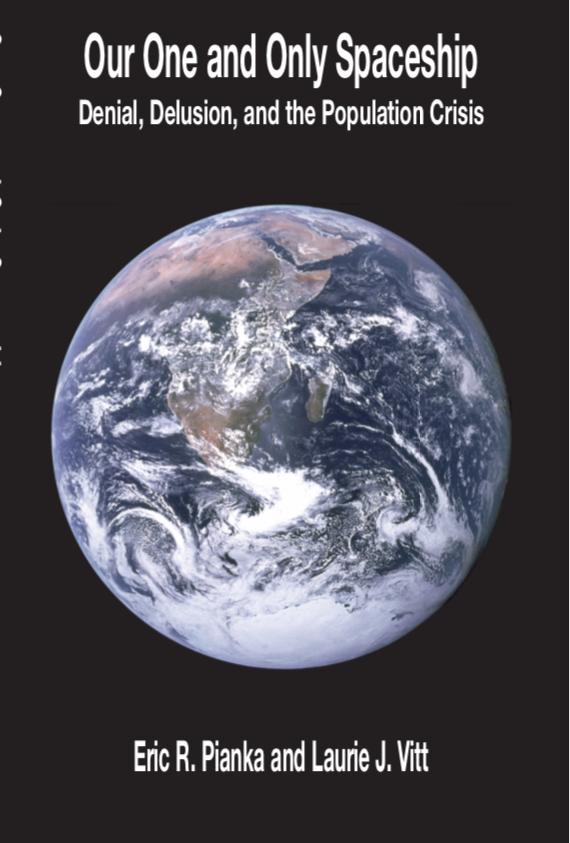
Pianka, E. R. and L J. Vitt. 2019. Our One and Only Spaceship: Denial, Delusion, and the Population Crisis. Available from Barnes & Noble Supplemental Reading Grades: A knowledge of High School algebra and geometry is assumed. You will be expected to be able to understand 3-dimensional graphs and be able to interpret and manipulate simple equations. You will be expected to learn basic ecology and evolution that everyone should know. You will also be encouraged to think. This class has a substantial writing component. After thoroughly researching background material, you will write a polished original synthetic essay on some aspect of the human population dilemma (some suggested possible topics/themes). After your name is removed, your paper will be read and evaluated by the entire class. You will read and evaluate papers by all other students as well. Your grade will be based on your performance in class discussions, exams, and your paper(s). How to earn straight A's |
|
Class Lecture notes Go to Pianka Lab Homepage Last updated 23 July 2008 by Eric R. Pianka |
